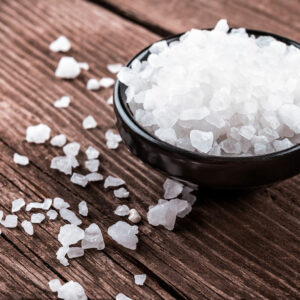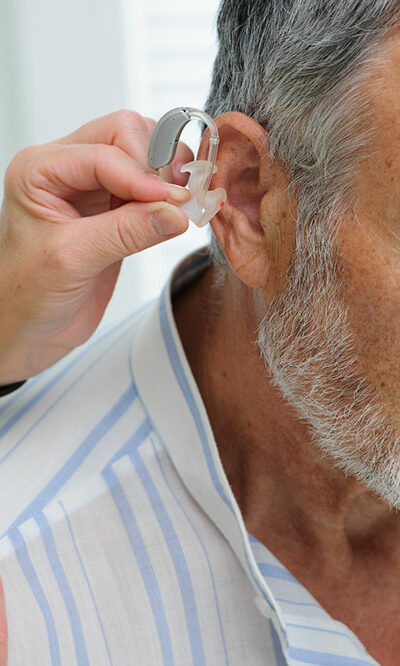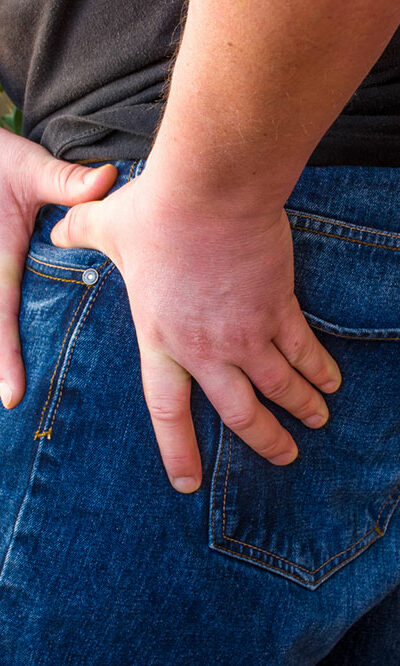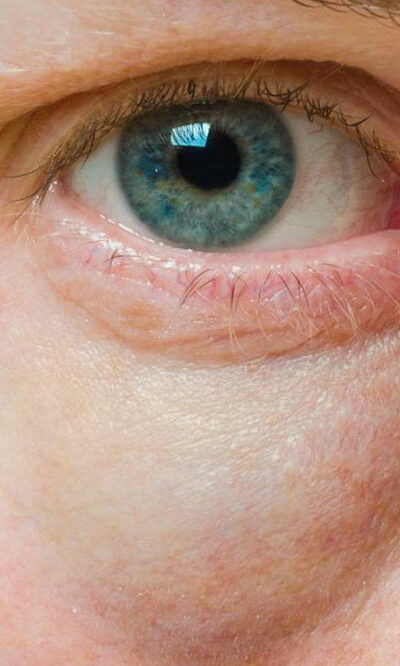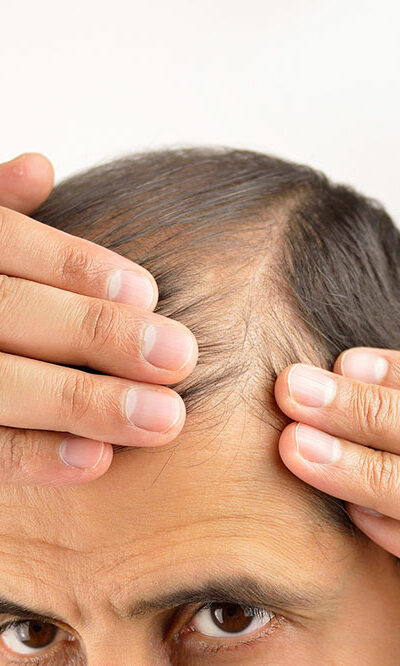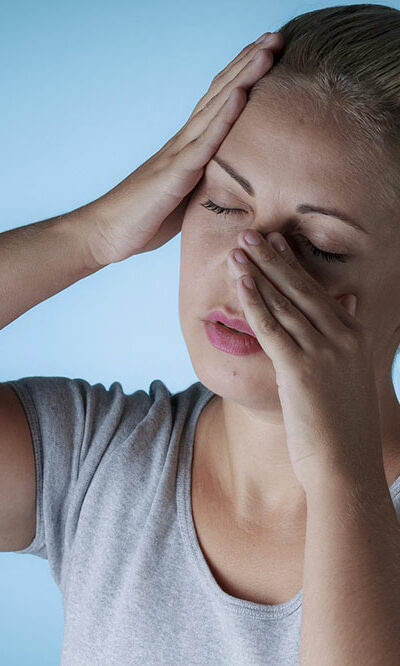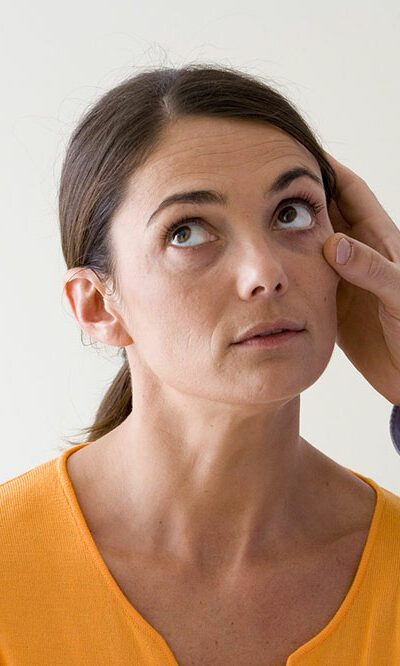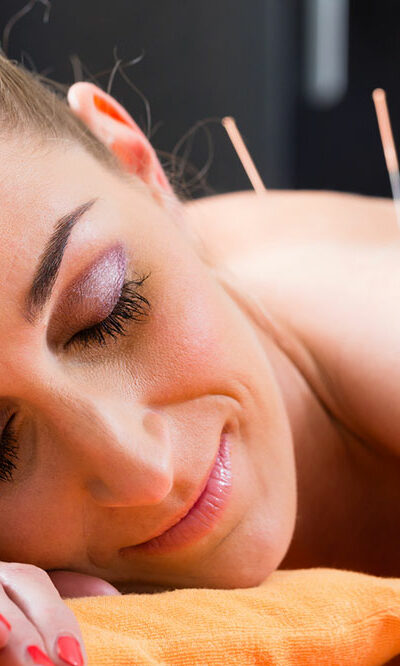
health
Pregnancy symptoms one should know about
Pregnancy is a term that refers to the period during which the development of a fetus takes place inside a woman’s womb. Once the pregnancy stage passes successfully, the woman gives birth to a child. There are certain signs or symptoms, which indicate that a woman is pregnant. While many may be common knowledge like morning sickness, others may not. Here are some of the most important pregnancy symptoms you should know about. Fatigue Fatigue, or feeling tired, is one of the most common pregnancy symptoms. During the early stages of pregnancy, the progesterone level increases sharply. In high quantities, progesterone can put a person to sleep immediately. The blood sugar level drops considerably and the rate of production of blood increases. All this consumes a lot of energy and makes you feel weak. Swollen breasts Swelling in the breasts is one of the earliest pregnancy symptoms. Around two weeks after a woman gets pregnant, her body goes through hormonal changes that contribute towards making the breasts tender or swollen. When you feel any such abnormalities, you must consult a doctor. Bleeding When you suffer from some bleeding in the vagina, there is a chance that you could be pregnant. This is called implantation bleeding. It takes place when a fertilized egg gets attached to the outer covering of the uterus. This usually happens between ten to fourteen days post the fertilization process. The blood has a lighter shade to it. Nausea Nausea, also known as morning sickness, is one of the earliest observed pregnancy symptoms. A woman might feel a sense of nausea around two weeks after the first stage of conception. One of the main causes behind nausea is an increase in the level of estrogen. Estrogen causes the stomach to empty itself at a slow pace, which, in turn, leads to nausea.
Read More 
